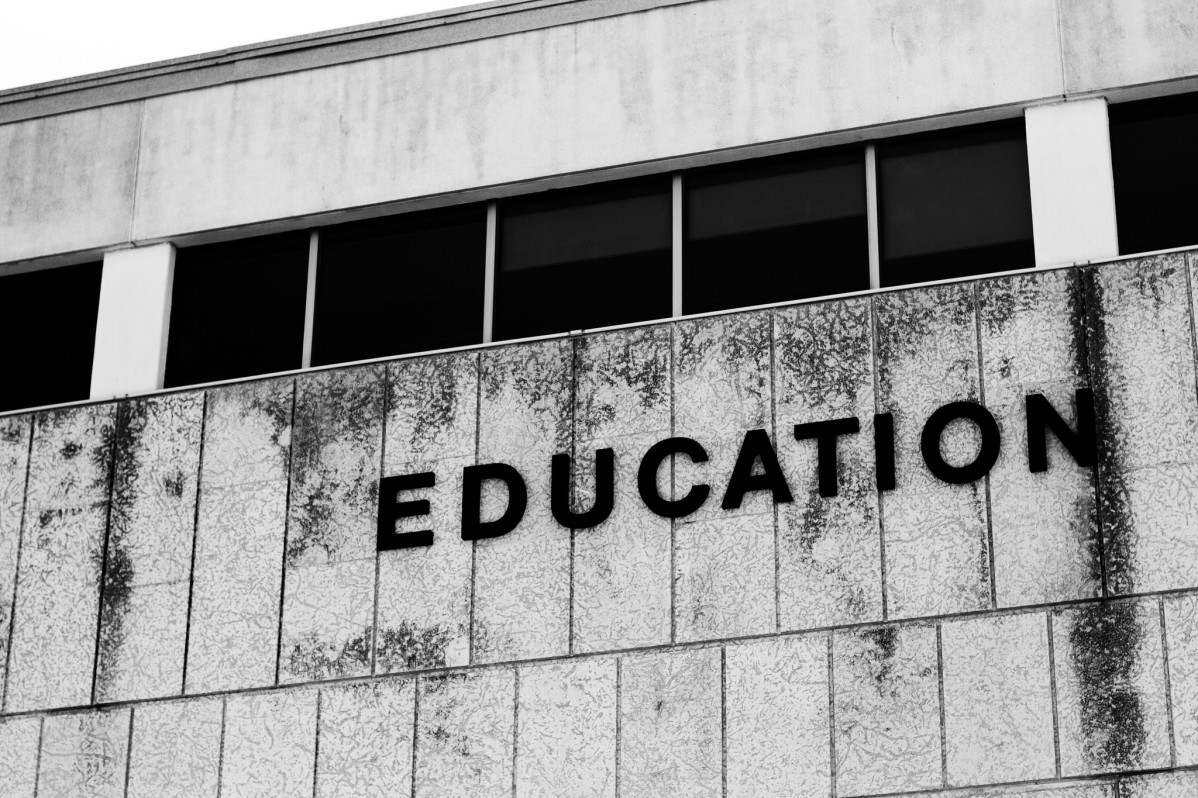George Brown research team works to making education more accessible for refugees
“Oftentimes there is a lack of respect for foreign credentials in Canada,” said Jaswant Kaur Bajwa, a professor at George Brown College (GBC).
In partnership with Centre for Addiction and Mental Health (CAMH) and the Canadian Centre for Victims of Torture (CCVT), Bajwa is a principal investigator of a research project called From Margins to Center through Education: Integrating Victims of Torture and Political Oppression.
“The project is about creating access to post-secondary education for people who have experienced political oppression or torture,” explained Bajwa who said there are a number of barriers that refugees face in pursuing higher education.
Some barriers are a gap in credentials, problems navigating a complicated system, traumatic experiences of violence and the absence of documentation from their home countries.
 “There has been such a delusion of the needs of people who actually are refugees,” she added. “Even though there might be little overlaps, the issues immigrants and refugees face are not the same.”
“There has been such a delusion of the needs of people who actually are refugees,” she added. “Even though there might be little overlaps, the issues immigrants and refugees face are not the same.”
With Canada currently in the middle of settling thousands of Syrian refugees, the timing for such a project could not be better. Schools and agencies who work with refugees will have to determine how the experience and needs of better-supported Syrian refugees differ from other groups of refugees.
“Based on the needs and barriers we are going to design educational programming to bridge the existing gap,” said Bajwa. The project is aimed to be customized, flexible and open to refugees from all over the world.
The first phase, data collection through interviewing service users of CCVT and CAMH, is already done. The team is currently processing the data in order to define themes and tendencies.
“Not only are we looking at the programming itself, but also at what has to happen before and after,” said Bajwa. Such a thorough approach will help “cover the whole gamut of issues those people go through.”
The pilot project will start in September run two semesters in order to receive feedback.
“We will be using the information but also training people in different places. So that when we are ending the project, George Brown is also geared to work with people with these needs,” said Bajwa
According to GBC Research website, Bajwa’s team received $240,000 and was one of the four GBC recipients of the pilot program of the Community and College Social Innovation Fund, through the Social Sciences and Humanities Research Council. The project is scheduled to end in June 2017.
“My goal is George Brown adopts this pilot as a program,” said Bajwa.


